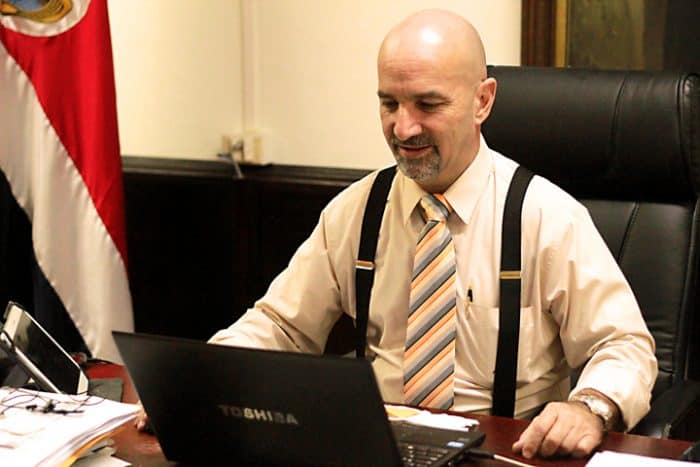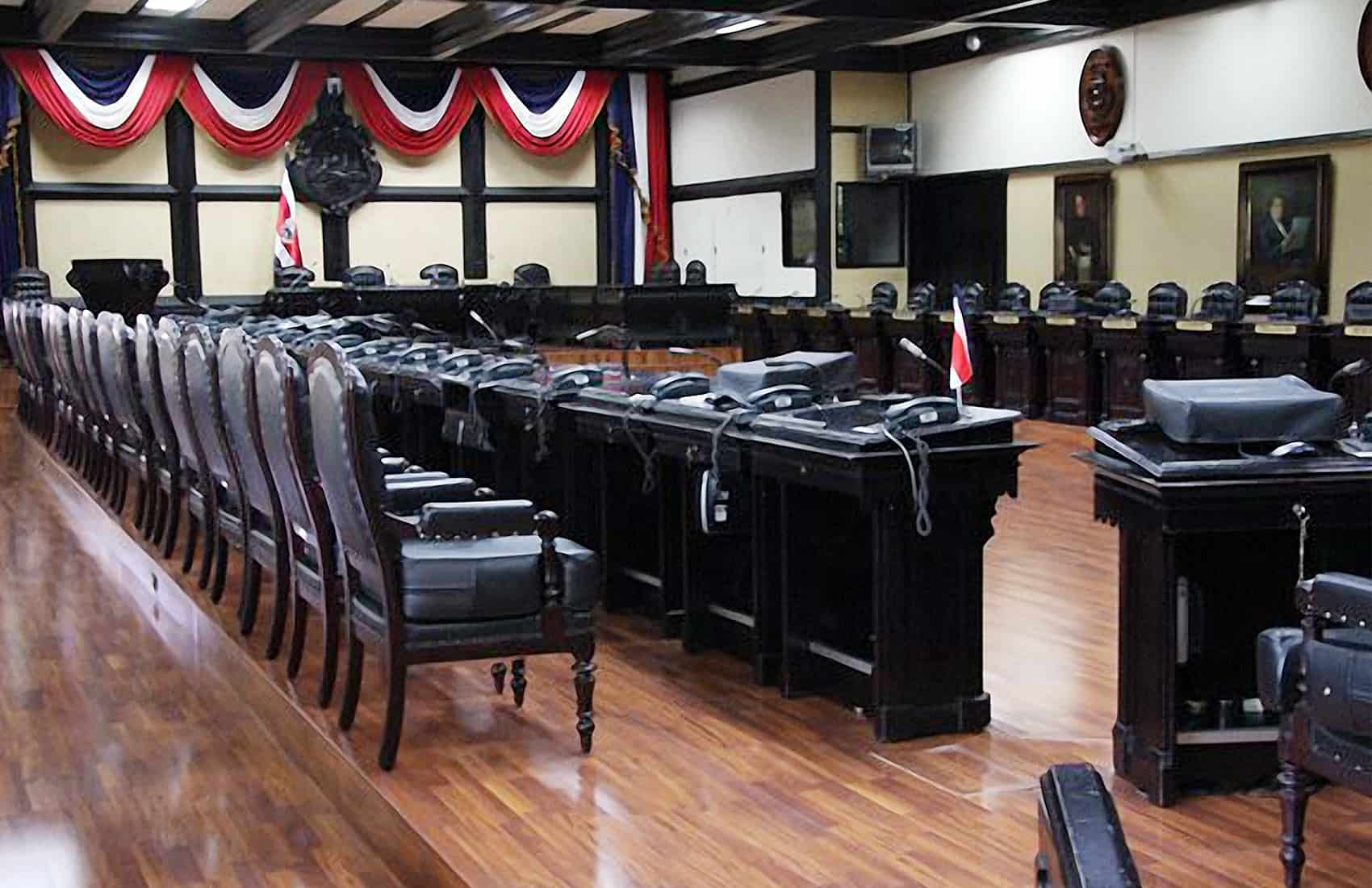Costa Rica’s Legislative Assembly will soon consider a bill to turn the Department of Intelligence and Security (DIS) into the National Intelligence Strategy Directorate (DIEN) to get the agency out of the policing business and transform it into more of a national security information collection entity – and less of a political police agency.
The purpose of the reform would be to give the agency greater institutional definition and to put it in line with accepted international benchmarks, according to Luis Felipe Delgado, an aide to opposition National Liberation Party congressman Antonio Álvarez Desanti, who is president of the Legislative Assembly’s Special Permanent Commission on Security and Drug Trafficking.
“The first problem is that the DIS was created and is regulated under the police law with a focus on security and associated with police action, when internationally intelligence services are autonomous in relation to police function – though they are cooperative in the functions of preserving public order,” Delgado said.
The agency would remain under the authority of the Presidency Ministry, the office that gave genesis to the present reform proposal, which was convoked for the Assembly’s extraordinary sessions that began on Dec. 1 and last through April.
The first priority of the bill would be to establish supervision and control over Costa Rica’s intelligence services, Delgado said.
Among other priorities is the need to provide the public with measures to protect themselves from the DIEN, he said.
“There must exist norms, institutions and mechanisms that facilitate for the citizenry the means to defend themselves from possible abuses on the part of intelligence services,” Delgado said.

A political weapon
A draft of the reform noted that the secretive DIS has been the target of complaints for delving into the political sphere.
“These complaints have been made by journalists, nongovernmental organizations, political parties and ordinary citizens involving the components of the DIS, in violation of fundamental rights to intimacy, confidential communication and the right to assembly, among others,” the draft bill states.
As a result of the complaints, some sectors have called for the closing of DIS. Since 2009, four bills have been brought before the Assembly to abolish the agency. The complaints came at a time when popular expressions of dissatisfaction with the government in the form of large demonstrations and other activities had been growing on several fronts, from trade to environmental policy.
The bill also responds to a distinct political tinge to the national security agency. The current DIS director is Mariano Figueres, son of the founder of the National Liberation Party, José “Pepe” Figueres, and brother of José María Figueres, current PLN president and a possible PLN presidential candidate for 2018. Incongruously, Mariano Figueres is a member of President Luis Guillermo Solis’ Citizen Action Party.
“This popular clamor must be attended to and in that sense, legislation is urgent to eradicate from our country any practice of political police,” the bill states.
The draft expressly prohibits any kind of activity motivated by ideology and electoral politics, and against the free exercise of rights and individual guarantees, or based on gender, sexual orientation, ethnicity, religion, language or nationality.
Other voices have called on the DIS to be transferred to the Public Security Ministry, which the bill discards as posing the danger of confusing criminal intelligence with strategic intelligence and possibly leading to a militarized police. Costa Rica abolished its army in 1948.
While recognizing concerns over abuses of the intelligence agency, the draft bill also argues for the necessity of creating a “culture of intelligence” to confront a laundry list of issues.
“Public insecurity, organized crime, corruption, drug trafficking, cybercrime, threats to sovereignty, deficient governance with respect to citizens’ expectations, international competition, financial risk, food crisis and poverty are all subjects present in modern society,” the bill states. “These uncertainties and threats can be confronted with better strategies and better probabilities of success. For this the development of a culture of intelligence to transform uncertainty of risk, design the strategies to confront the risks and take advantage of the opportunities is required.”
If passed, all information gathered by the agency would be secret for a period of 20 years except when the president and agency director deem otherwise.
“When it is considered that it will contribute to the general interest and not constitute a threat to the country nor the integrity to the means, methods and sources of the DIEN, previous to the authorization of the president of the republic, the director general of DIEN can put at the public disposition the reports of finalized, aborted or achieved investigations,” Article 8 of the bill states.
A final draft will be ready for discussion by the Legislative Assembly later this month.





